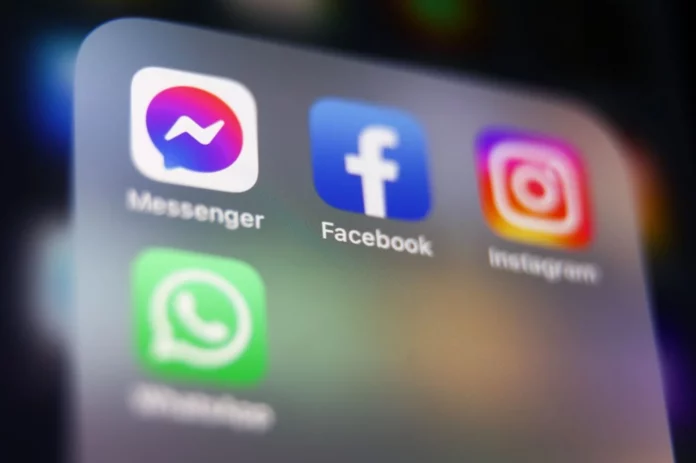Meta and its CEO Mark Zuckerberg have championed “free speech” since Donald Trump took office again, but a new report by a whistleblower pours cold water on the idea that the company will not abide by censorship regimes. According to the Washington Post, the whistleblower’s complaint alleges that Facebook created a content censorship system that catered to the wishes of the Chinese Communist Party in a failed attempt to operate in China.
The 78-page complaint was filed with the Securities and Exchange Commission by Sarah Wynn-Williams, a former director of global policy who worked on the China policy team and left the company in 2017. According to Wynn-Williams’ account, obtained by WaPo, Facebook began trying to conquer the Chinese market as early as 2014 and was willing to make significant concessions to the country’s ruling party to gain access to its potentially huge user base.
Facebook and Zuckerberg reportedly agreed to play ball in a number of ways in their courtship of China that undermined its standard operating procedures. This included, Wynn-Williams said, agreeing to host Chinese user data on servers in China, including users in Hong Kong, which previously received stronger protections. The concession, the whistleblower said, would have made it easier for the Chinese government to access its citizens’ personal information.
Wynn-Williams says that talk of Facebook operating in China began to heat up in 2015, when Facebook allegedly created a censorship system that automatically detected and removed content containing prohibited terms. The whistleblower report also claims that Facebook was prepared to appoint a “chief editor” to oversee content that would appear on the Chinese version of the social platform. This editor would be able to remove content at his own discretion and would allegedly have the power to shut down the site entirely if there were “social unrest” in the country.
Facebook’s courtship of China reportedly continued in 2017, when the company restricted access to the account of Chinese businessman Guo Wengui, who had criticized the Chinese government. At the time, Wengui was living in New York, exiled from China, and had regularly posted on Facebook about alleged corruption in the Chinese government. Facebook said at the time that it was removing his account because it shared “other people’s personal information without their consent.” But, according to the whistleblower report, the removal was encouraged by one of China’s internet regulators as a way to show that the company was willing to “satisfy mutual interests.”
It seems the effort was largely in vain. Facebook has secretly launched social apps in China, but its biggest hits have never made the leap. In fact, WhatsApp was banned in the country in 2017, just a couple of years after Facebook bought it, despite the company’s repeated attempts to accommodate China’s wishes.
Meta, for its part, denies the whistleblower’s claims. “This is all driven by an employee who was fired eight years ago for poor performance. Today, we do not provide our services in China. It’s no secret that we were once interested in this as part of Facebook’s efforts to connect the world. This was widely reported as far back as a decade ago. Ultimately, we decided not to pursue these ideas, as Mark Zuckerberg announced in 2019,” a Meta spokesperson said.
After it became clear that China was no longer in the game for Facebook, Mark Zuckerberg decided that freedom of speech really mattered to him. In 2019, he spoke at Georgetown and said his company was a champion of free speech, particularly in criticizing China’s internet shutdown. He didn’t mention what concessions he was willing to make if his company were simply allowed to do business behind those walls.
Zuck has used the phrase “free speech” repeatedly over the past decade and a half, drawing on it again when he decided to abandon third-party fact-checkers and roll back content moderation after Trump was elected to a second term, and really playing it up during an appearance on the Joe Rogan show, where he talked about how awful the Biden administration had treated his company and their obsession with free speech, which sometimes looks a lot like disinformation.
It’s fitting that Zuckerberg is now pushing for the Trump administration to ban TikTok, an app linked to China, from operating in America. If you can’t profit from not having principles, I think the next best thing is to try to profit from pretending to have them. Don’t worry about actually having them, though that won’t help in the long run.









